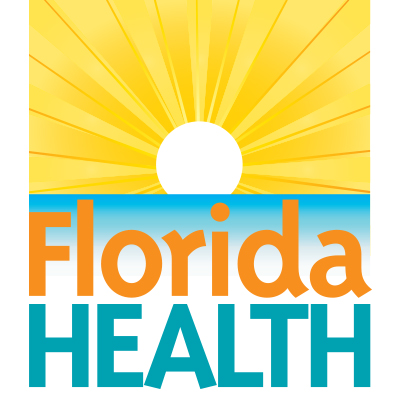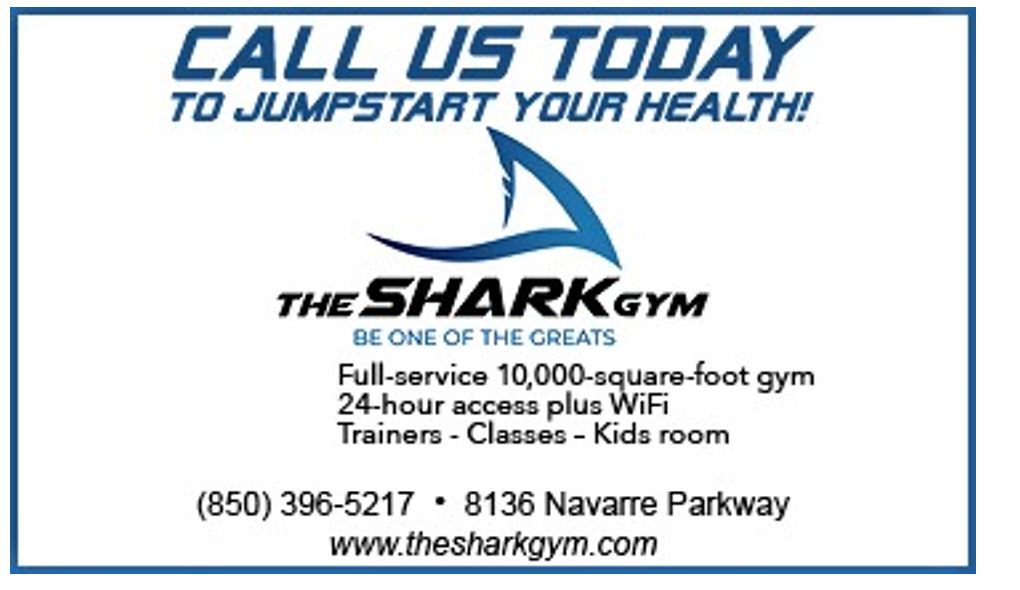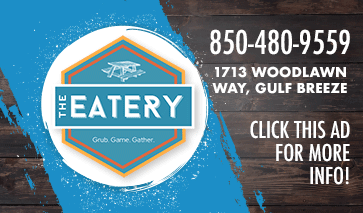
During the past six months there has been 31 overdoses in the south end of Santa Rosa County, per Santa Rosa County Sheriff’s Office data. That’s nearly a three-fold increase in just one year.
The Florida Department of Health in Santa Rosa County (DOH-Santa Rosa) is announcing the availability of free Naloxone (Narcan) Nasal Spray kits, a lifesaving medication that could reduce thousands of substance abuse deaths across the state. Naloxone can be distributed to people who use drugs, people with a history of drug use, others at risk of experiencing an overdose, and to friends, family members, and others that may witness and overdose. Kits consist of two naloxone nasal sprays that can be administered even without a health care professional present.
“Substance abuse continues to be a top health concern for Santa Rosa County. Based on local data, Naloxone use doubled in the first 6 months of 2022,” said Matt Dobson, Administrator of DOH-Santa Rosa. “Since 2018, deaths from drug poisoning in Santa Rosa County has more than doubled. It’s a growing problem”
Naloxone is a medication that reverses the effects of an opioid overdose, restoring breathing and consciousness within minutes of being administered to a person who has overdosed. Naloxone can be administered by a bystander (non-healthcare professional) before emergency medical assistance becomes available, but it is not intended to substitute for professional medical care. Individuals should call 911 immediately when an opioid overdose is suspected, before administering naloxone.
Persons requesting a kit from DOH-Santa Rosa must meet the following eligibility:
- Must be 18 years old or older
- Individuals at risk of experiencing an opioid overdose
- Caregivers who may witness an opioid overdose or others likely to experience or witness an opioid overdose.
Naloxone kits can be obtained at DOH-Santa Rosa offices at the following locations:
- 5527 Stewart Street in Milton
- 5840 Gulf Breeze Parkway in Midway
Additional information on naloxone is available by calling 850-983-5200 (option 2). Naloxone kits are provided for free, and no appointment is necessary. People utilizing this service will be provided educational material, referrals, and linkage to care for substance abuse intervention.
Increasing access to Naloxone is a key component in battling the opioid epidemic, especially in rural areas or counties with limited access to health care. Providing naloxone through county health departments will increase support to individuals across the state dealing with substance use disorder and help prevent overdose deaths in Florida.
The Florida Department of Health is working in collaboration with Florida Department of Children and Families through the Overdose Prevention Program, or iSaveFL, which facilitates the distribution of naloxone kits to families, friends, and caregivers of those at risk for an opioid overdose. The iSaveFL website provides information on finding naloxone in your community as well as resources on treatment, overdose education and prevention.
This effort complements the Florida Department of Health’s HEROS (Helping Emergency Responders Obtain Support) program that provides free naloxone to emergency response agencies.
This initiative is part of the state’s response to the overdose crisis. This month, Governor Ron DeSantis launched the Coordinated Opioid Recovery (CORE) program – the first of its kind in the nation – to provide comprehensive and sustainable care to those affected by substance use disorder.
A public health and safety alert was also deployed by the Florida Department of Health on July 8, 2022 to ensure Floridians remain vigilant of the signs of overdose. This alert can be found here. Print and digital educational materials that help Floridians identify signs of an overdose and how to respond can be downloaded here.
Where is substance use disorder assistance available?
For questions regarding potential overdoses and other drug-related exposures, Florida’s Poison Control Centers are a valuable resource to individuals throughout Florida, including emergency personnel. Poison Control Centers are staffed by health care professionals that are specifically trained to provide assistance in treating drug overdoses or assessing patients exposed to drugs of abuse. Medical toxicologists are available 24/7 for physician consultations. For poisoning questions or emergencies, call 1-800-222-1222. Visit the website at floridapoisoncontrol.org.
HEROS (Helping Emergency Responders Obtain Support) is a Florida Department of Health program that provides free naloxone to emergency response agencies. Since the inception of the program in 2018, over 455,000 doses have been distributed to emergency response agencies in Florida through HEROS. All first responders in Florida are eligible to request free naloxone through this program. More information can be found here.
If you or your organization are interested in obtaining or managing naloxone for the community, please visit I SAVE FL to find available resources through the Florida Department of Children and Families.
The Hope for Healing website is a tool for Floridians to access help for mental health and substance abuse. The site is an aggregator of federal, state, local, private sector, faith-based and non-profit resources. The Hope for Healing initiative has focused not only on helping Floridians find resources in challenging times through state and local partnerships that use evidence-based best practices, but on addressing the stigma that is all too often associated with seeking help. Learn more here.
Hope Florida – A Pathway to Prosperity utilizes ‘Care Navigators’ to guide Floridians on an individualized path to prosperity by focusing on community collaboration between the private sector, faith-based community, nonprofits and government entities to break down traditional community silos, in an effort to maximize resources and uncover opportunities. ‘Care Navigators’ can help individuals identify their unique and immediate barriers to prosperity, develop long term-goals, and map out a strategic plan including finding support for those contending with substance use disorders.





































